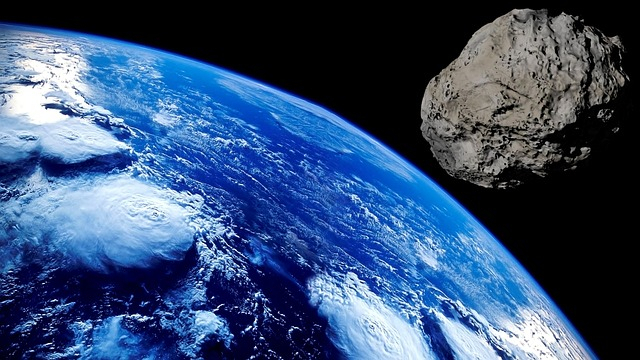
Space experts all around the world strongly believe that devastating asteroids will hit the earth one day or the another, and to combat those apocalyptic events, space agencies like NASA are apparently preparing with planetary defense weapons aimed to deflect the trajectory of these rogue space bodies.
The United States space agency has already mapped several near-earth objects (NEO) that may pose threats to the existence of this planet, and now, they are all set to show the simulation of an asteroid hit.
The simulation will be portraying events that may happen on earth after an asteroid hit, and it will be shown during the 2019 Planetary Defense Conference in College Park, Maryland. NASA's upcoming project will also detail the risks faced by various areas, and the measures needed to be taken to reduce civilian life loss.
"These exercises have really helped us in the planetary defense community to understand what our colleagues on the disaster management side need to know. This exercise will help us develop more effective communications with each other and with our governments," said Lindley Johnson, NASA's Planetary Defense Officer in a recently issued statement.
During the upcoming conference, researchers and astronomers will also discuss various action plans that should be taken during the time of an unexpected space body hit.
The planetary defense conference will begin at 08.00 AM EDT on May 03, 2019. You can click this link to watch it live.
A few weeks ago, it has been reported that the European Space Agency is also developing a weapon to protect the planet from future asteroid hits. This weapon will be a self-driving spacecraft, and experts are planning to hit it at the Didymos asteroid.
Experts at ESA also revealed that its Hera planetary defense spacecraft is capable of steering itself in real time on space, and will navigate around potentially hazardous space bodies that might be posing threat to planet earth.









